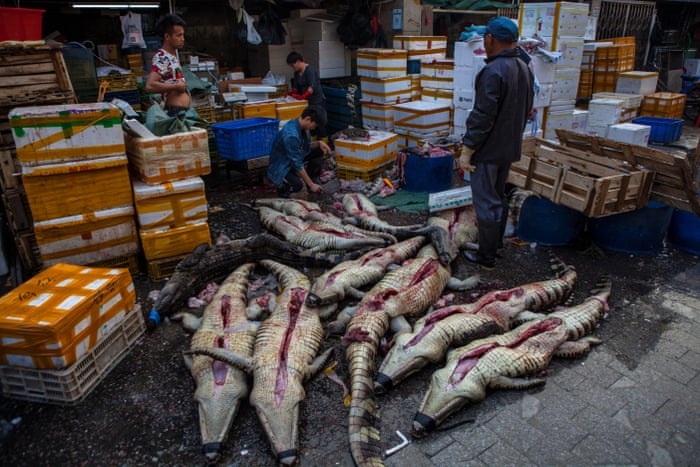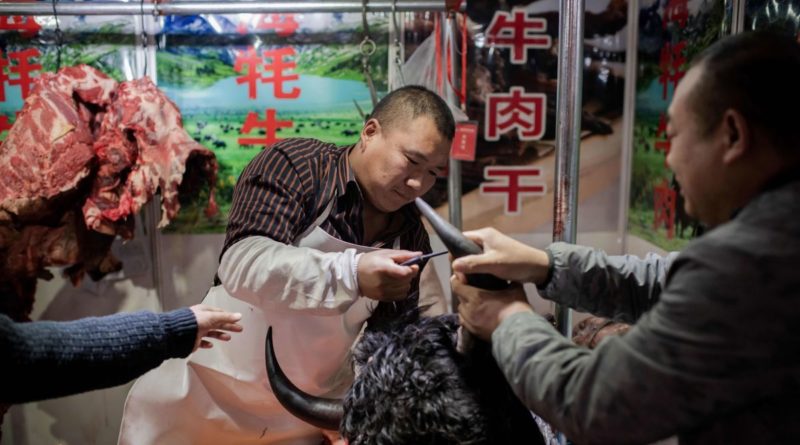COVID-19: UN biodiversity chief calls for ban on wildlife market
An international ban on wildlife markets could help stop future pandemics like coronavirus from breaking out, according to the United Nations biodiversity chief.
Elizabeth Maruma Mrema, Executive Secretary of the United Nations’ Convention on Biological Diversity has called for a global ban on wildlife markets. Mrema, told The Guardian in an interview published Monday that “the message we are getting is if we don’t take care of nature, it will take care of us.”
The wildlife market is reported to be the starting point of the pandemic after a shrimp seller from Wuhan’s Huanan Seafood Market has been identified as the ‘patient zero.’ After an initial cluster of cases connected to the market, the virus began spreading to other parts of China, before reaching almost engulfing the entire country.
Previous epidemics have also begun with animal-to-human transmission, including severe acute respiratory syndrome (Sars), which infected more than 8,000 people between 2002 and 2003.

Elizabeth Maruma Mrema, the acting executive secretary of the UN Convention on Biological Diversity, said countries should move to prevent future pandemics by banning “wet markets” that sell live and dead animals for human consumption, but cautioned against unintended consequences.
China has issued a temporary ban on wildlife markets where animals such as civets, live wolf pups and pangolins are kept alive in small cages while on sale, often in filthy conditions where they incubate diseases that can then spill into human populations. Many scientists have urged Beijing to make the ban permanent.
Mrema further cited examples of the Ebola epidemic in west-central Africa and the Nipah virus in east Asia stating that there were clear links between new human illnesses and destruction of wildlife.
Mrema is optimistic that the countries would take such consequences caused by the destruction of nature more seriously in the wake of the coronavirus pandemic.




